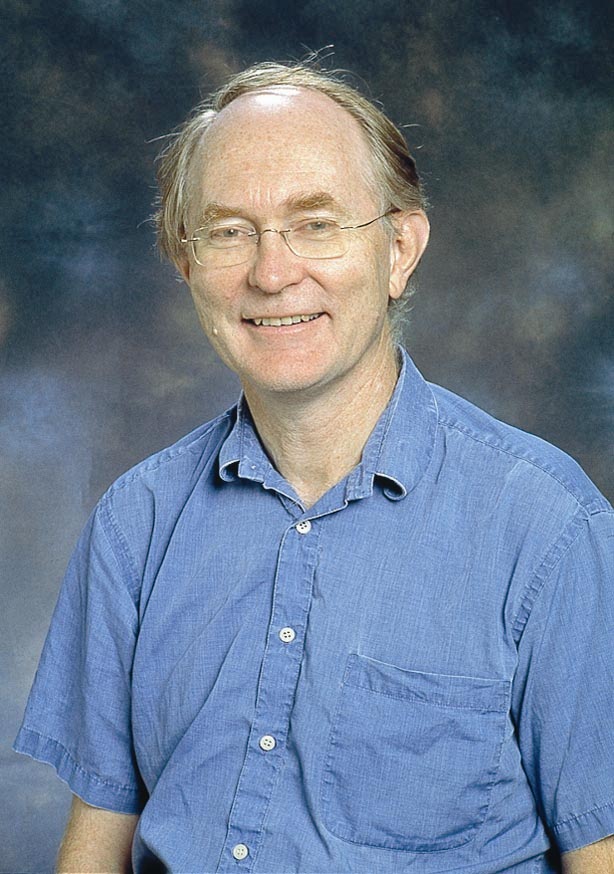Talk by Prof. Richard Hartley, one of the most cited scientist in Computer Vision
Prof. Richard Hartley
Richard Hartley received his BSc degree from the Australian National
University (ANU) in 1971, his MSc degree in Computer Science from Stanford
University in 1972, and his
PhD in Mathematics from the University of
Toronto, Canada, in 1976. He is currently a Professor and member of the
computer vision group in the Department of Information Engineering at ANU.
He also belongs to the Vision Science Technology and Applications
Program in National ICT Australia, a government funded research institute.
He did his
PhD thesis in Knot Theory and worked in this area for several
years before joining the General Electric Research and Development Center,
where he worked from 1985 to 2001. During the period 1985-1988, he was
involved in the design and implementation of Computer-Aided Design tools for
electronic design and created a very successful design system called the
Parsifal Silicon Compiler, described in his book "Digit Serial Computation".
In 1991 he was awarded GE's Dushman Award for this work. Around 1990 he
developed an interest in Computer Vision, and in 2000, he co-authored (with
Andrew Zisserman) a book on Multiple View Geometry. He has authored over 100
papers in Knot Theory, Geometric Voting Theory, Computational Geometry,
Computer-Aided Design, and Computer Vision, and holds 34 US patents.
Abstract of the talk:
He will discuss algorithms for finding the motion of a multi-camera rig
such as a set of fixed cameras mounted on a moving vehicle, without
significant overlap between the cameras' fields of view. Several
different algorithms will be discussed, including a linear solution
based on Pless's generalized essential matrix, and an L-infinity
optimal solution based on a branch-and-bound search over rotation
space. The talk will include an overview of optimal Structure and
Motion techniques, including in particular recent work in L-infinity
optimization.

